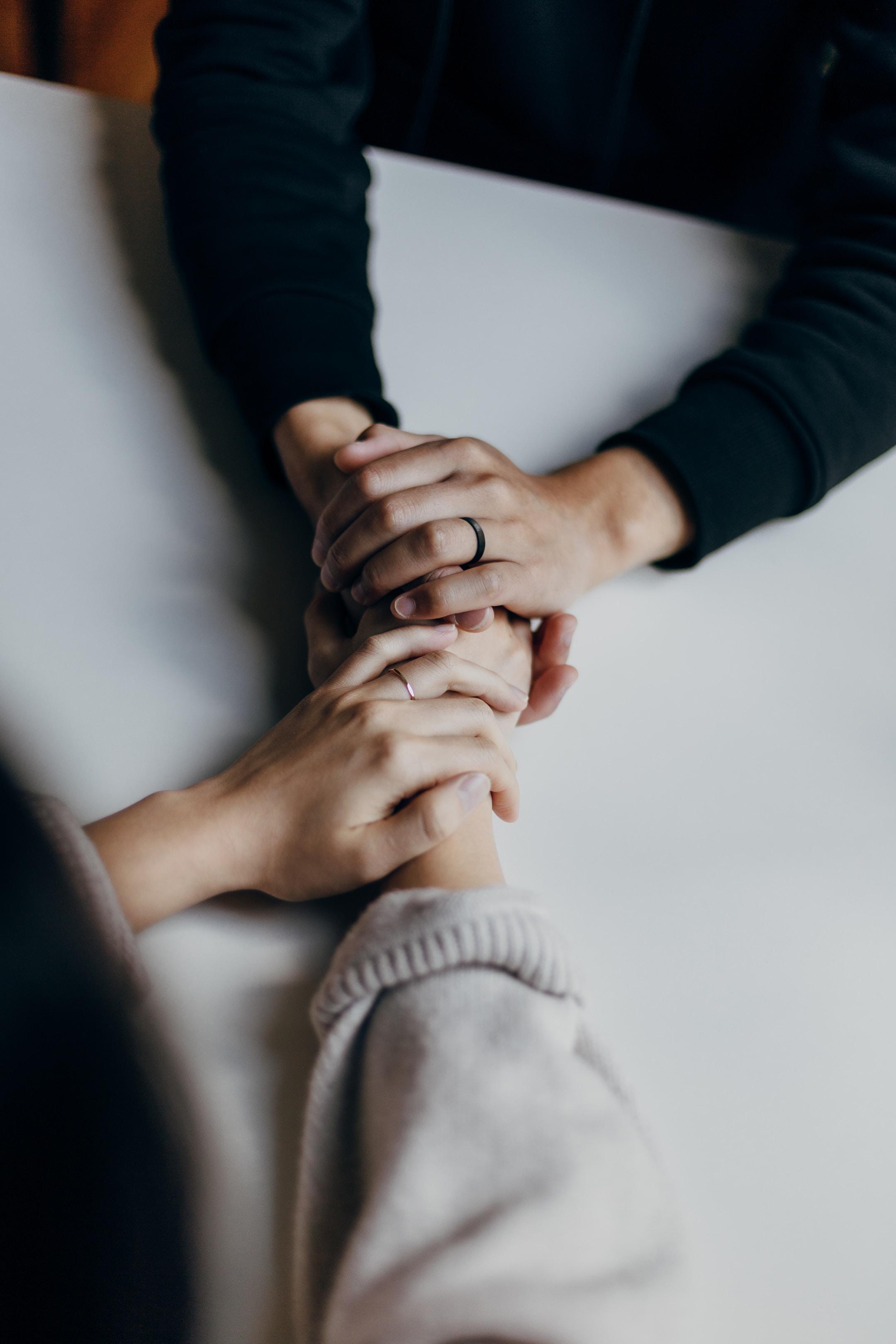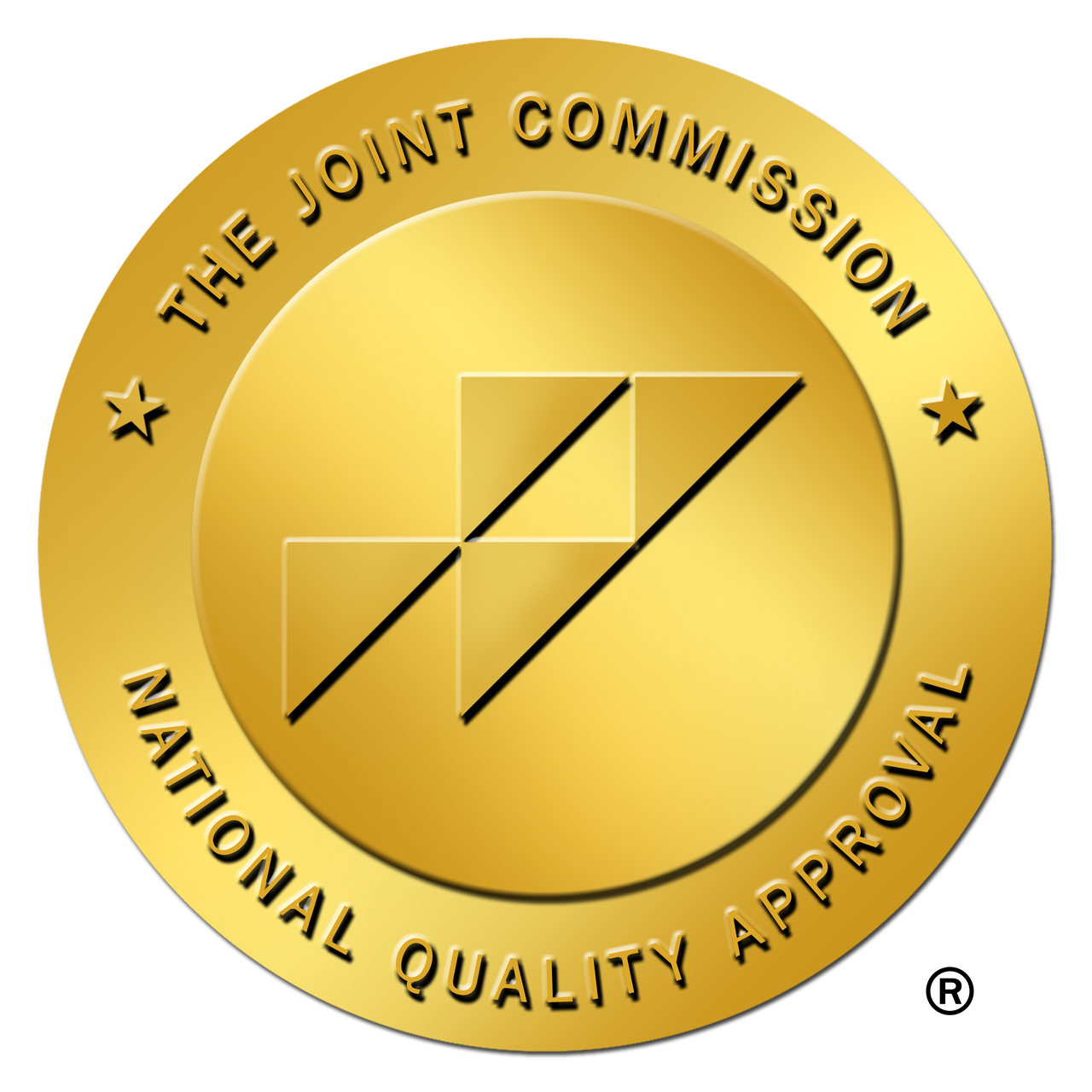
The opioid epidemic shows no signs of slowing down. With millions of lives affected and communities bearing the weight of addiction’s impact, finding solutions has become urgent. While medication-assisted treatments (MAT) like methadone or buprenorphine have proven effective, addressing opioid addiction often requires more than just the physical. Opioid addiction is as much a mental and emotional challenge as it is a physical one. This is why taking a holistic approach—by combining counseling with complementary therapies—can lead to significantly better outcomes for those on the path to recovery.
This blog will explore how counseling for opioid addiction, alongside complementary treatments, plays a key role in opioid addiction recovery and how it paves the way for long-term healing and hope.
Opioids are powerful pain-relieving substances often prescribed to manage severe pain. They include prescription drugs like oxycodone, hydrocodone, and morphine, as well as illegal drugs like heroin. When used, opioids attach to receptors in the brain, releasing an intense sense of euphoria. Over time, the brain becomes dependent on these substances for pleasure, impairing its natural ability to generate feel-good chemicals on its own.
This chemical dependency can quickly spiral into full-blown addiction, leading individuals to experience physical withdrawal symptoms, intense cravings, and an increased tolerance requiring larger doses to achieve the same effects.
Opioid addiction doesn’t exist in isolation. Beyond the individual, it impacts families, workplaces, and entire communities. Jobs are lost, relationships are strained, and health complications pile up, creating a cycle that is hard to escape without structured support. Treatment must address not just the addiction but the underlying psychological, emotional, and situational factors driving it.
Counseling for opioid addiction is one of the most pivotal components of recovery. Common approaches include:
Counseling isn’t just about talking; it’s about empowering individuals to rebuild their lives through meaningful strategies. Here's how counseling helps:
One client, Sarah, struggled for years with opioid addiction stemming from a back injury. While medication eased her withdrawal symptoms, she felt lost emotionally. Through group counseling and cognitive behavioral therapy, she rediscovered coping mechanisms for her anxiety and reconnected with her children after years of estrangement. For Sarah, counseling was the missing piece in her recovery puzzle.
Counseling forms the backbone of holistic treatment, but complementary therapies can amplify its impact. These additional treatments address the mind and body, offering different ways to heal.
A holistic approach to opioid addiction doesn’t just treat symptoms—it addresses the root cause, provides emotional healing, and lays the foundation for long-term growth. If you or someone you love is battling opioid addiction, don’t wait to seek help.
At The Valley Addiction Recovery Center in Maryland, we’re committed to helping individuals find their path to healing through comprehensive counseling services and complementary therapies. Our team is here to support you every step of the way.
Contact us today and take the first step toward hope and recovery!
 ® The Valley®
® The Valley®



